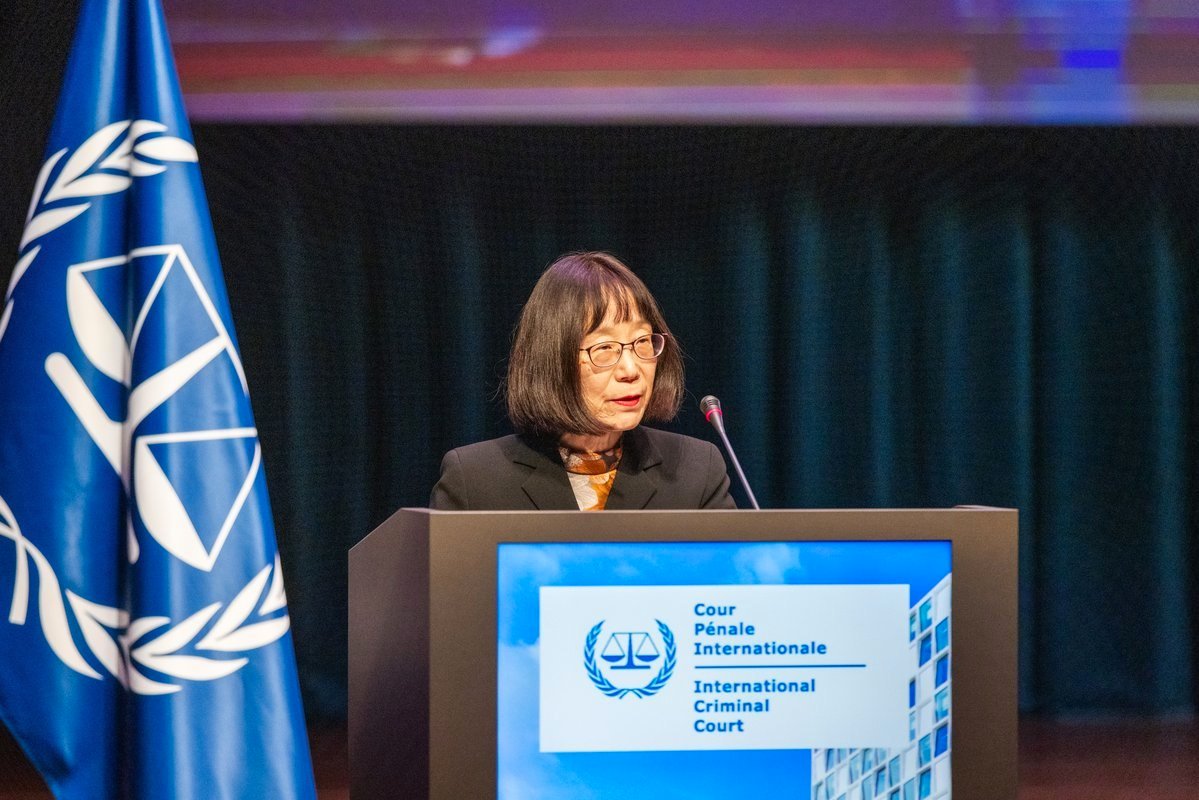The president of the International Criminal Court (ICC) has warned that attacks on the tribunal, which have come largely from Washington and Moscow, “jeopardise its very existence”.
Addressing ICC members in The Hague at an annual conference on Monday, ICC President Tomoko Akane said the court faced “coercive measures, threats, pressure and acts of sabotage” without naming the United States and Russia.The court has been facing rebukes from the two countries after issuing arrest warrants for Israeli and Russian officials over wars in Gaza and Ukraine.
“The court is being threatened with draconian economic sanctions by another permanent member of the Security Council as if it was a terrorist organisation,” Akane said in her address.
US politicians have been threatening to impose sanctions on ICC officials after the tribunal issued arrest warrants against Israeli Prime Minister Benjamin Netanyahu and his former Defence Minister Yoav Gallant over suspected war crimes in Gaza.
Also Read:‘ICC decision breaches its own foundational principles’
Last month, US Senator Lindsey Graham, whose Republican Party will be in control of both houses of Congress and the White House starting in January, called the ICC a “dangerous joke” and threatened penalties against the court and any country that cooperates with it.In June, the Republican-controlled US House of Representatives passed a bill to sanction the court in response to ICC Prosecutor Karim Khan’s request for the arrest warrants against Israeli officials.
The measure has so far not been considered by the Senate, which at this point is controlled by Democrats.
After the ICC issued arrest warrants for Netanyahu, Gallant and a Hamas leader last month, US Senator Tom Cotton suggested using military force against The Hague-based tribunal.
The US and Israel are not members of the ICC, and they have rejected the court’s investigations of alleged abuses in Gaza and the occupied West Bank.
However, the court has ruled that it has jurisdiction in those areas because the State of Palestine is a signatory to the Rome Statute, which established the tribunal.
“The court has been subjected to attacks seeking to undermine its legitimacy and ability to administer justice and realise international law and fundamental rights – coercive measures, threats, pressure and acts of sabotage,” Akane said.






